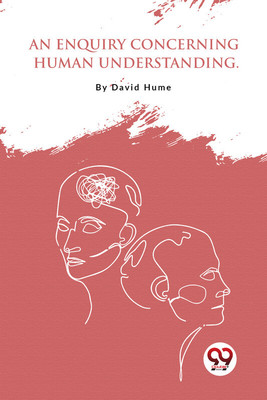An Enquiry Concerning Human Understanding(English, Paperback, Hume David)
Quick Overview
Product Price Comparison
He says knowledge comes from sense impressions, and ideas are a copy; they are less clear and intense than the original impression. The mind brings thoughts via their association, what he calls "a principle of connection." They resemble contiguity, cause, and results. There are two different ways to justify a causal case: relations of thoughts or matters of truth. For example, "This room doesn't have four walls" isn't problematic; the room could have three walls. The authenticity of any statement relies upon its establishment in experience or the memory of the experience. Hume argues that the possibility of a causal connection joining one event with another is just a psychological habit. The conviction that the sun will rise tomorrow connects with the level of probability that it will. Since he denies information on causation, Hume doesn't feel that things occur by coincidence. Belief in probability judgments communicates a degree of certainty about a future event. The hypothesis of Hume contends that human activity is administered by regular regulations, similarly as normal occasions are represented by regulations. Human thought processes are not really associated with their activities, but rather, Hume contends, they are continually conjoined.


